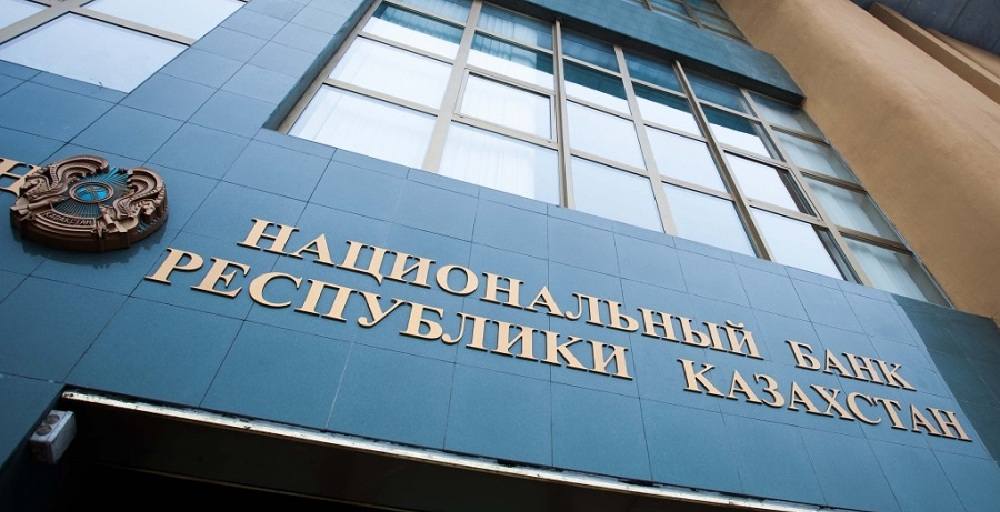
Kazakhstan’s Kaspi Bank, which counts Goldman Sachs Group Inc. among its shareholders, may be too popular with savers for its own good.
With 600 billion tenges ($1.6 billion) of deposits from individuals and 108 billion tenges of equity as of December 1, according to the National Bank data, the Almaty-based lender Kaspi Bank may already be pushing the limits of a new rule that foresees a capital hit for banks whose deposits exceed 5.5 times equity. Some other banks, such as Centercredit Bank, are approaching that level.
And the banks’ situation grows more precarious every time the tenge falls, driving up the value of deposits denominated in dollars, euros and other major currencies. In Kazakhstan, 78 percent of deposits are held in foreign currencies, according to the National Bank data for November. That means banks could wind up exceeding the level even if they accept no new deposits.
Regulators in oil-rich country Kazakhstan, where lenders have restructured about $20 billion of debt since the financial crisis, are trying to prevent some banks from becoming too big to fail, according to Bloomberg. Their task is complicated by the plight of the tenge, which has plummeted against the dollar since the National Bank shifted to a floating exchange rate in August 2015, as tumbling crude prices and devaluations by neighboring Russia and China boosted the cost of defending the currency.
Regulatory Capital
To shore up the value of their savings, many depositors switched their money into major currencies before the National Bank's move. Under the new deposit rule, that puts Kaspi Bank and others in a pickle.
The rule introduced by the Kazakh National Bank on January 1 redefines regulatory capital. A lender must now subtract balance-sheet equity, multiplied by 5.5, from total retail deposits. If the result is a positive number, it must, in turn, be subtracted from the bank’s Tier 1 and Tier 2 capital to arrive at the new regulatory capital number.
On December 1, Kaspi Bank had 193 billion tenges of regulatory capital, according to central bank data. That’s well above the 10 billion tenge minimum for banks, but the lender may need to seek alternative sources of funding to avoid a run-in with the regulators.
Current Cap
The new rule could have further implications if the central bank abandons its recommended interest rates for banks’ retail deposits - 10 percent for tenge - denominated accounts. The International Monetary Fund called for the removal of the 'current cap on the commercial banks' deposit rates on individual accounts.”
That would leave Kaspi Bank and others with a difficult choice: raise rates to compete with the biggest banks for deposits, further exceeding the deposit-to-equity limit, or risk losing depositors.
A spokesperson for Kaspi Bank said the goal of all rules in this “difficult time for the country and the economy” was to bolster the stability of the financial system. Kaspi Bank has “one of the highest ratings of capital adequacy,” the spokesperson said.
Photo: kapital.kz







